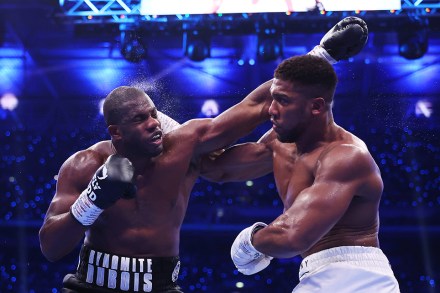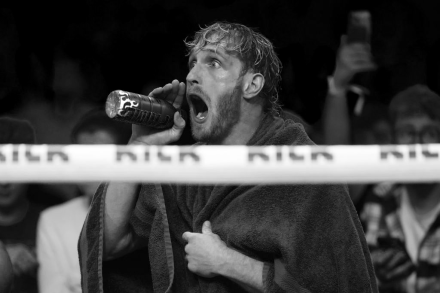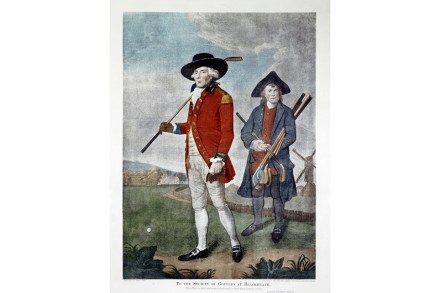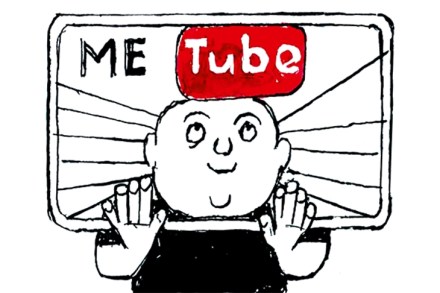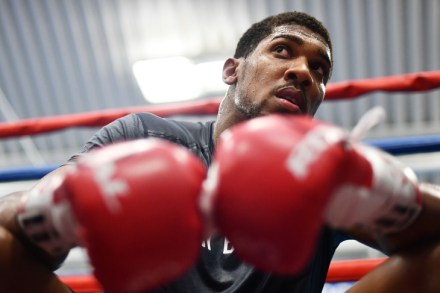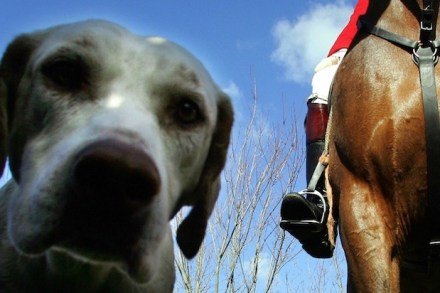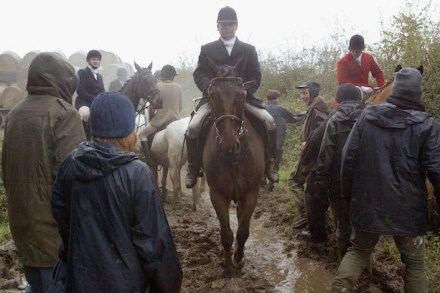Why play the Saudi anthem before an all-British boxing match?
For only the second time in my life, I went to the Kingdom of Saudi Arabia last weekend. At least, it felt like I was in Saudi. I’m talking about the Anthony Joshua-Daniel Dubois fight at Wembley Stadium. Billed as the British version of George Foreman vs Joe Frazier, it was bankrolled by the Saudis and might as well have been taking place in Riyadh. The Master of Ceremonies was not Michael Buffer, then American ring announcer – although he was there and did say ‘Let’s get ready to rumble!’ – but His Excellency Turki Alalshikh, chairman of Saudi Arabia’s General Entertainment Authority. His moustachioed face, framed by a headdress,
